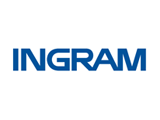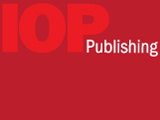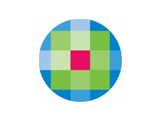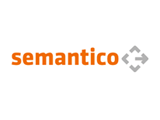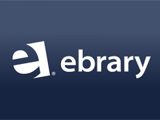New journal Cancer & Metabolism launches today with a selection of articles that highlight the altered metabolic pathways that drive cancer. Altered glucose metabolism of tumor cells was first noted by Otto Warburg in the 1920s, for which he won the Nobel Prize. In later years, the discovery of oncogenes and tumor suppressor genes transformed our understanding of cancer, but left metabolism neglected. Now recent advances show that many oncogenes drive cancer by altering metabolic pathways, leading to an explosion of research. It is also clear that metabolic diseases, such as diabetes and obesity, are linked to cancer in ways that are not entirely clear.
The launch issue of Cancer & Metabolism includes pioneering research that for the first time observes the Warburg effect during normal cerebellum development, as well as in medulloblastoma, a childhood cancer, which is accompanied by a Commentary in BMC Biology; a study on the crucial role of sterol regulatory element binding protein in lipid synthesis for cell survival and tumor growth; newimaging methods for measuring chemotherapy responses; as well as timely reviews on activated lymphocytes as a model for carcinogenesis and the discovery of the mitochondrial pyruvate carrier.
Cancer & Metabolism is edited by clinician scientists Chi Van Dang, Abramson Cancer Center, USA, and Michael Pollak, Segal Cancer Center and McGill University, Canada. Professor Dang commented that “It has become self-evident that metabolism and bioenergetics are regulated by cancer genes. Cancer & Metabolism is launched uniquely to fulfil the needs of a burgeoning field.” Professor Pollak added that “The scope of Cancer & Metabolism will allow for an interdisciplinary readership including cancer biologists, endocrinologists, oncologists, clinical trialists and population scientists.”
Cancer & Metabolism welcomes studies on molecular biology and genetics; whole-body metabolism, including diabetes and obesity, in relation to cancer; cancer metabolomics and metabolism-based imaging. The journal accepts basic research as well as preclinical and clinical studies of metabolism-related cancer therapies.
You are warmly invited to join in the success of this journal by submitting your next research article for publication. For more information, please visit the journal website or contact the Editorial Office.























